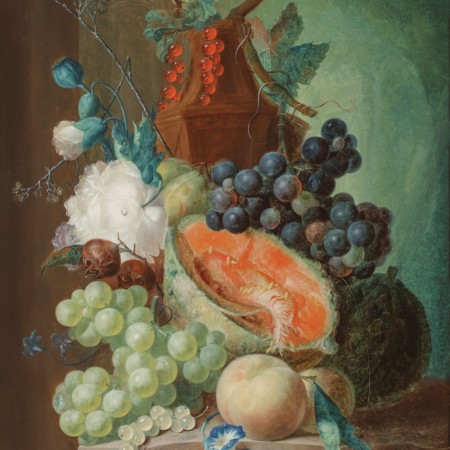
Os, Jan van
Still life with fruit

Still life with fruit
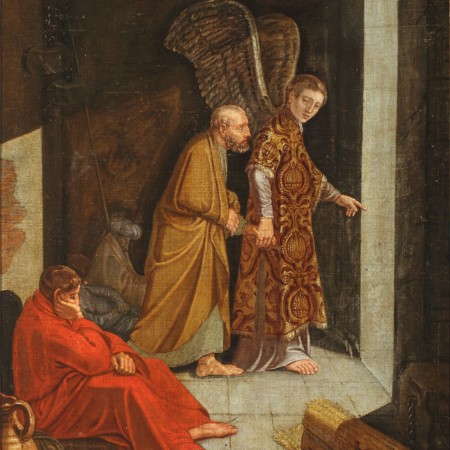
Saint Peter freed from jail
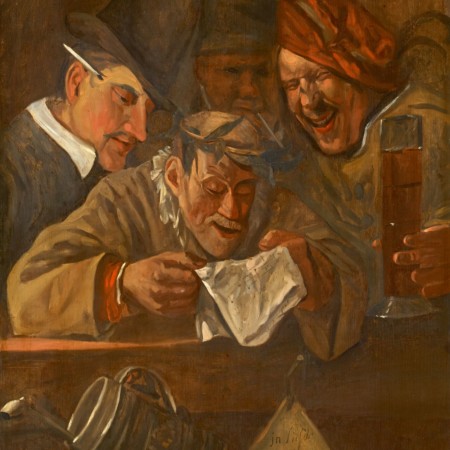
Rhetoricians
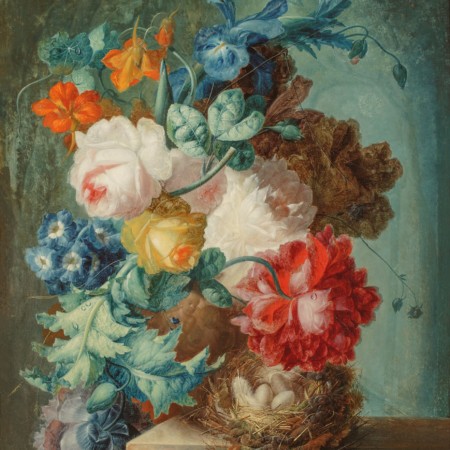
Still life with flowers and bird’s nest
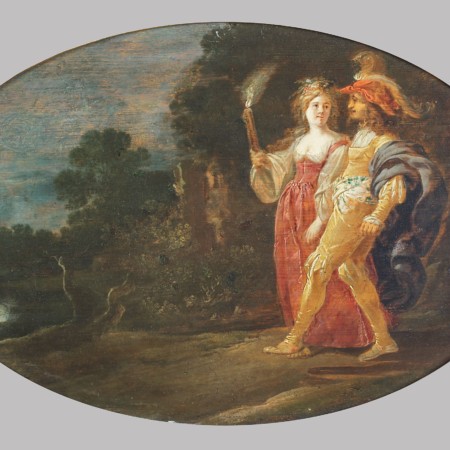
Couple in landscape at night
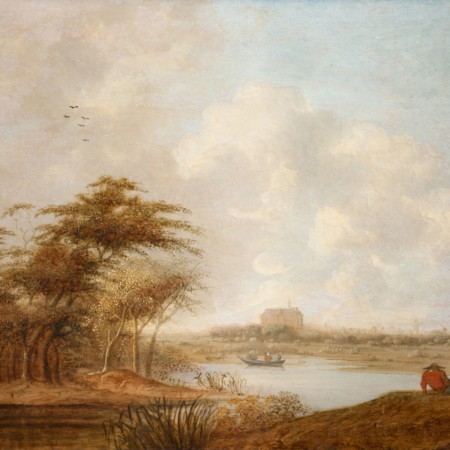
Landscape with city in the background
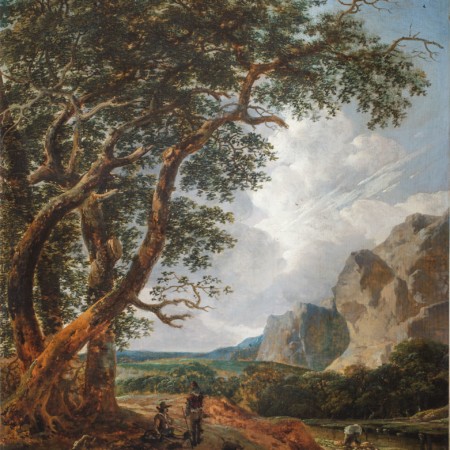
Southern landscape
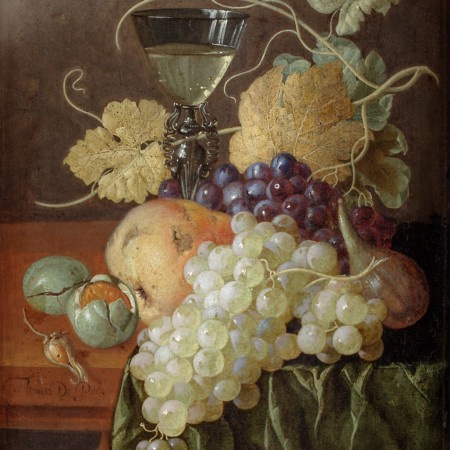
Some fruit with a glass of wine
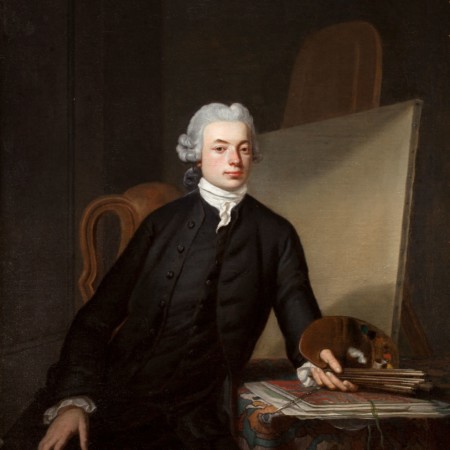
Portrait of Jan van Os
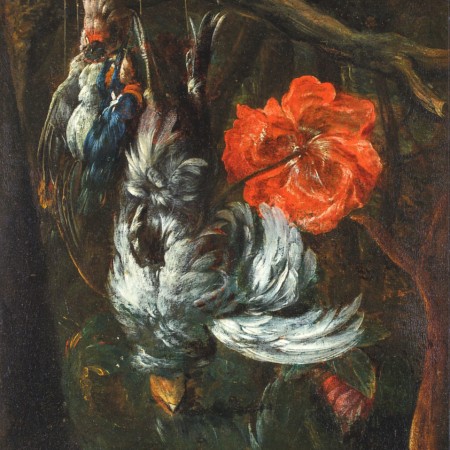
Dead birds
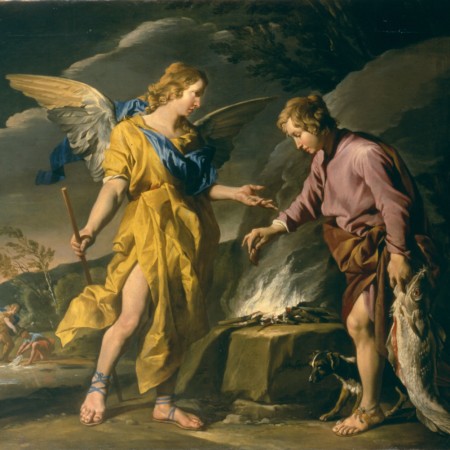
Tobias and the angel
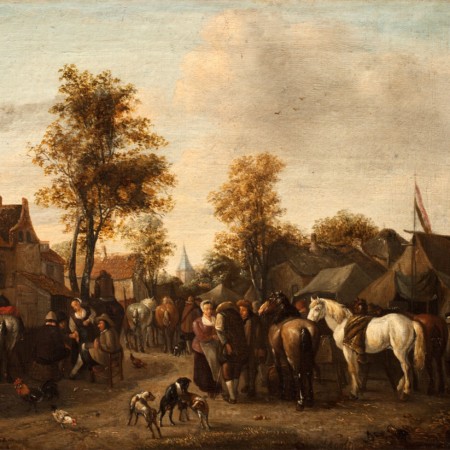
Horse-fair
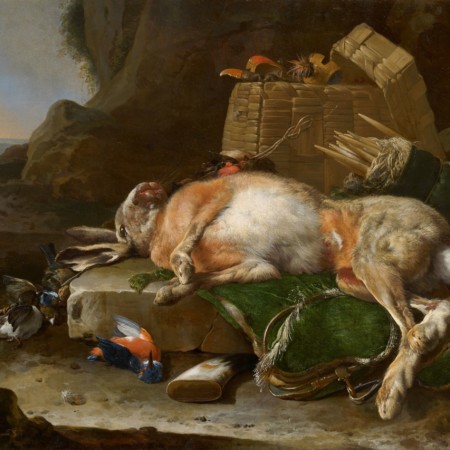
Still life with catch outdoors
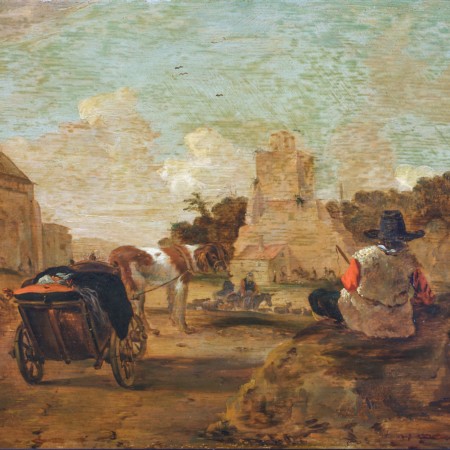
The dogcart
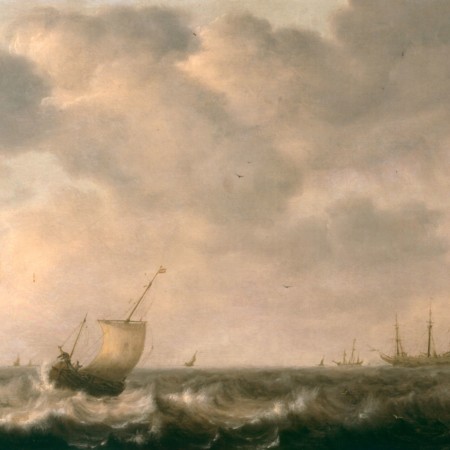
Turbulent sea
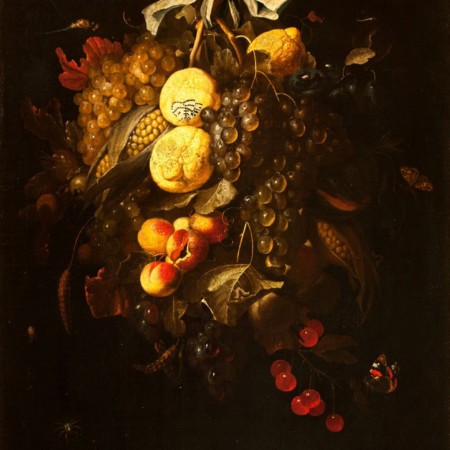
Still life with fruit
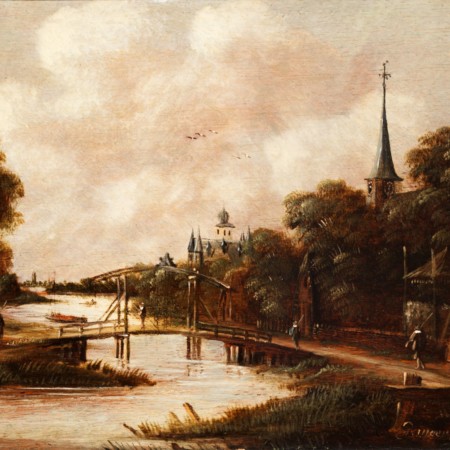
Village on a river
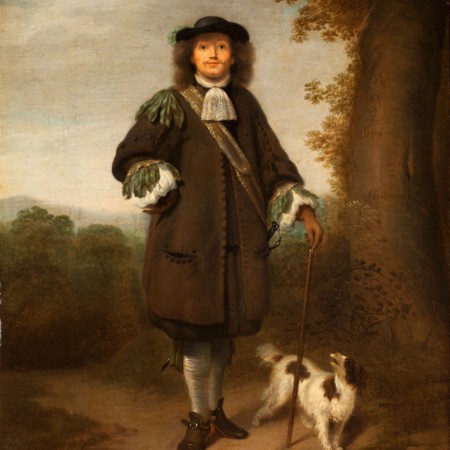
Gentleman with dog, standing in a landscape
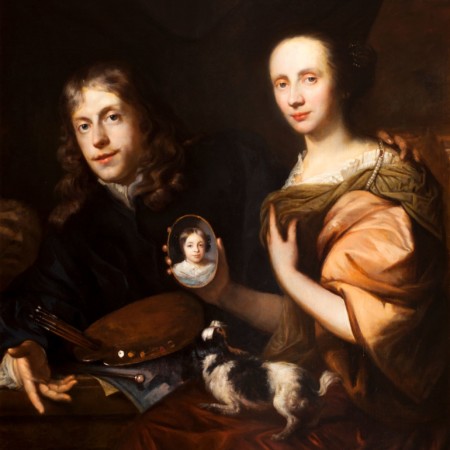
Self-portrait with his wife, Maria de Kinderen
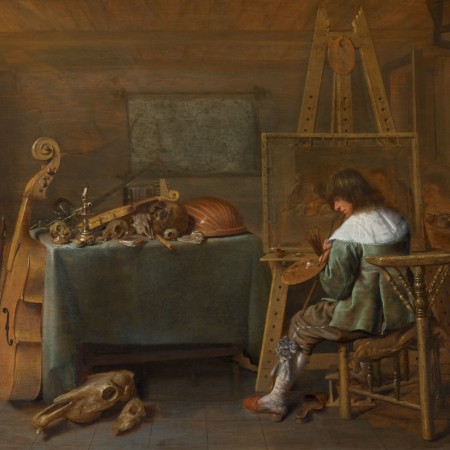
Painter in his studio
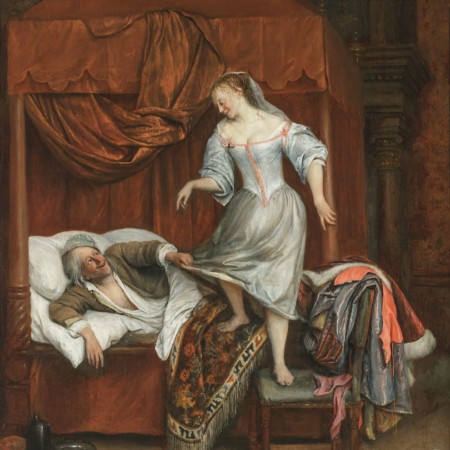
Couple in a bedchamber
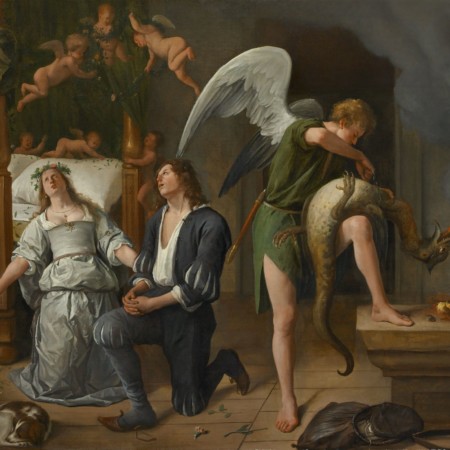
The wedding night of Tobias and Sarah
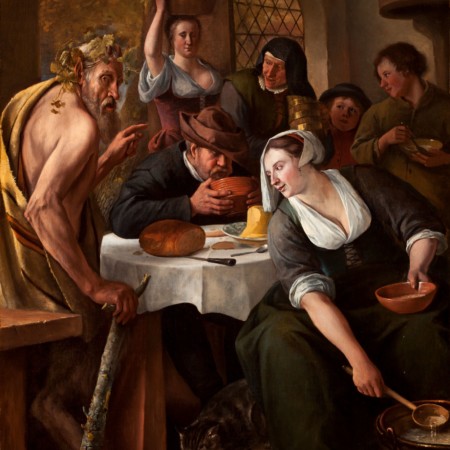
The satyr and the peasant
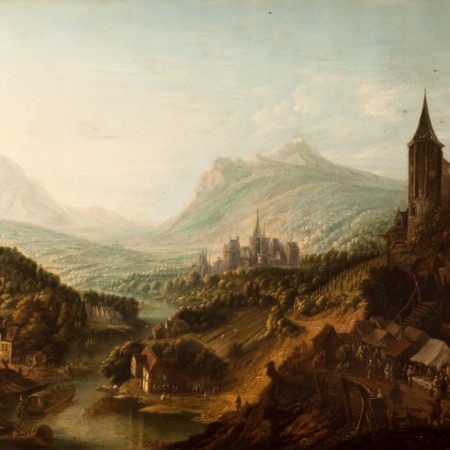
River landscape with country fair
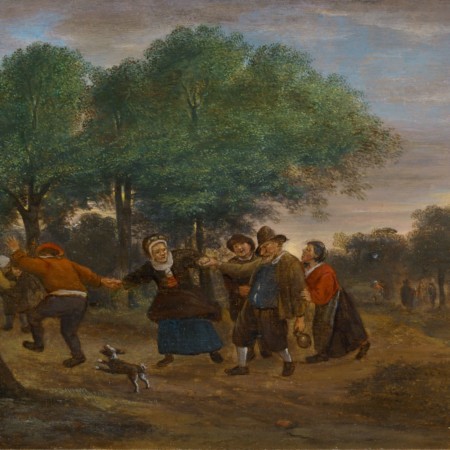
Drunkards outside Voorschoten
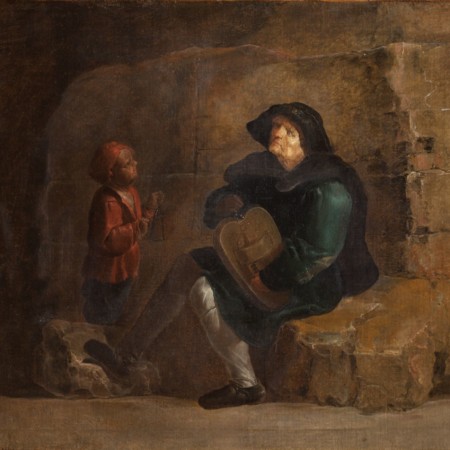
The hurdy-gurdy man
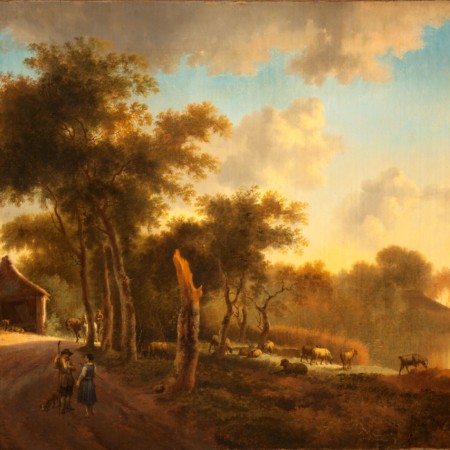
Landscape with shepherds
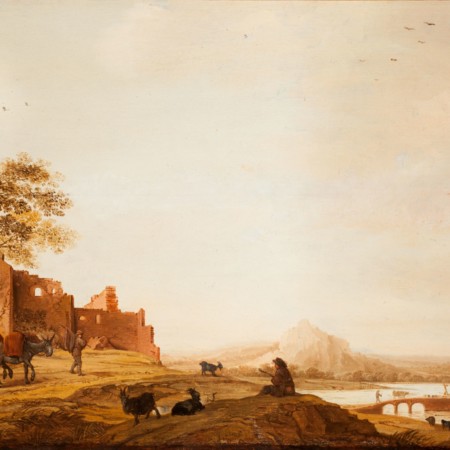
Landscape
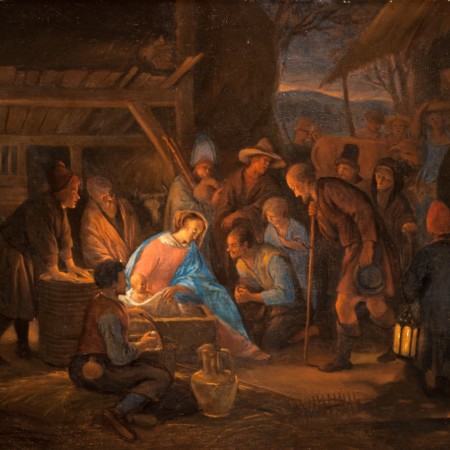
Adoration of the shepherds
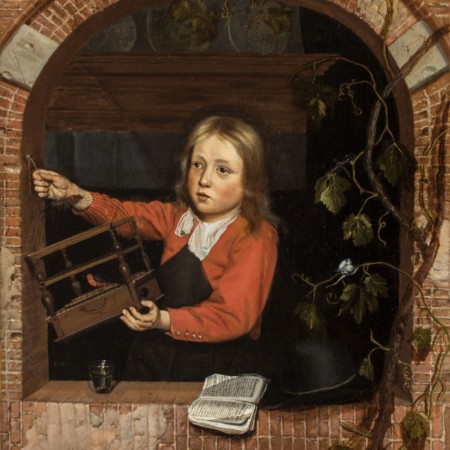
Boy with birdcage
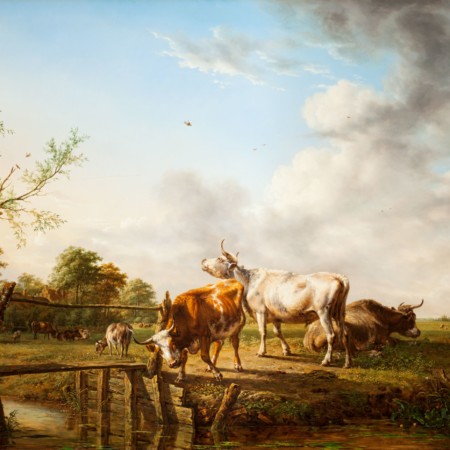
Cattle at a small bridge
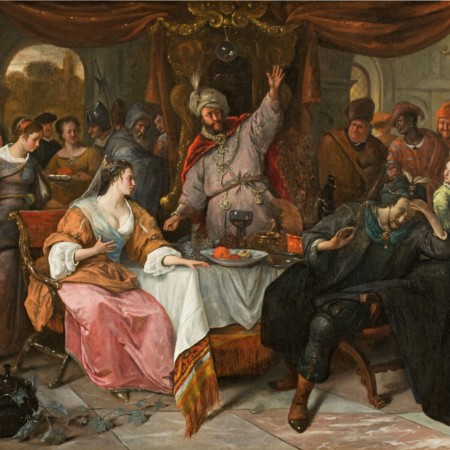
The wrath of Ahasverus
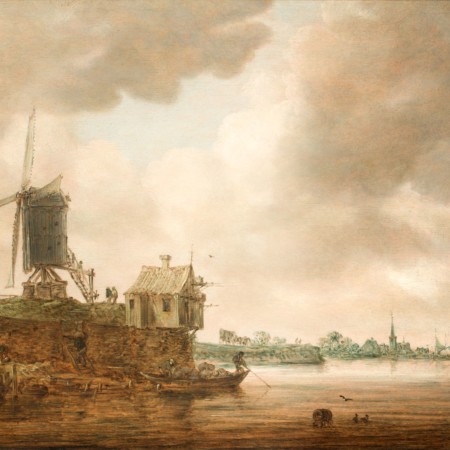
River view with a mill and a church
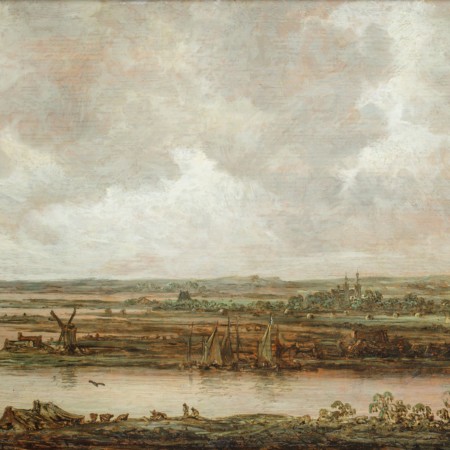
Panoramic view
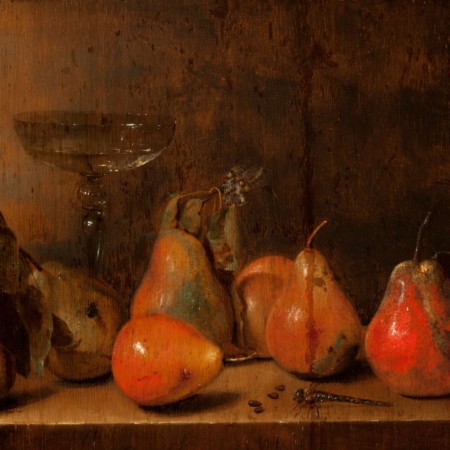
Stilleven
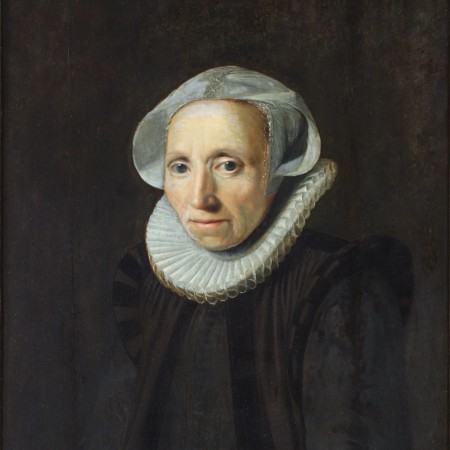
Portrait of an old lady
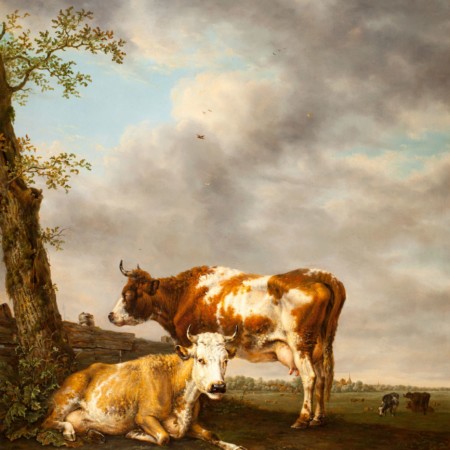
Cows at pasture
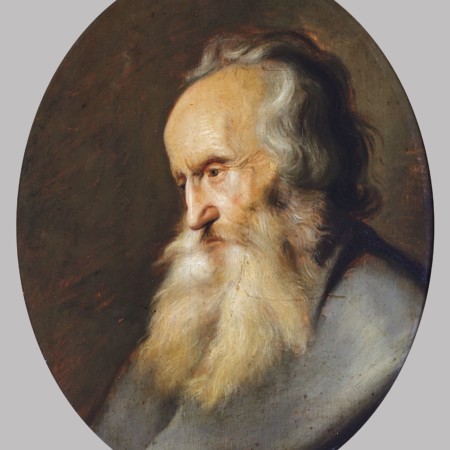
Old man
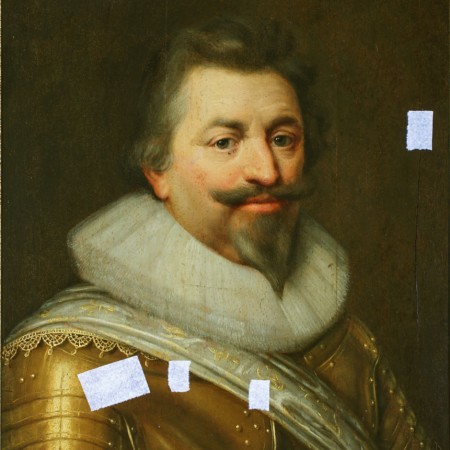
Portrait of an officer
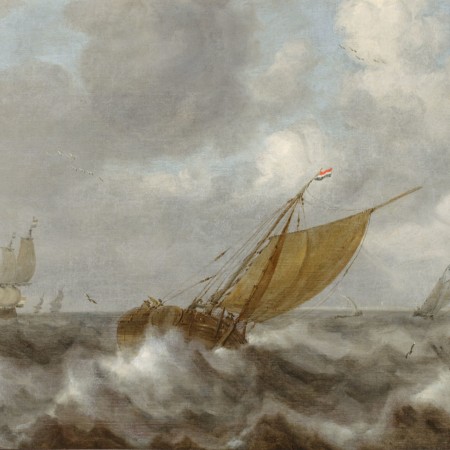
Stormy sea

…premises to the museum for 100 years at 1 cent per annum. His son Willem Jan Hoogsteder confirmed the agreement when he took the reins in 2012. Willem Jan Hoogsteder…
Read more
…what has now the jewel in its crown, Johannes Vermeer’s Girl with a Pearl Earring. In 1927, Bredius penned a brilliant study of the painter Jan Steen containing 100 photogravures….
Read more


Taking the flower paintings of Jan van Huysum(1682-1749) as an example, van Os is somewhat more colourful and less conventional.
Zoom inCopied after a print by Jan Pynas
Zoom in“Rederijkers” (rhetoricians) were aristocratic amateur poets who used to meet in chambers to practice their art.
This is (a 19th century copy of) a painting Jan Steen made for a bet with Frans van Mieris, about who would be the fastest in producing a painting of a certain size.
Painter of seascapes, but especially of delicately painted flower arrangements. This painting is painted very true to nature, but grouped in such a way that in reality it would be impossible for it to remain like this. The stems of the flowers could never fit like this in the vase decorated with putti. Example for the painter here was the academic Jan van Huysum (1682 – 1749), Van Os, however, goes even further in this 18th-century ‘mannerism’. We also find the bright colouring and refined execution equally echoed by van Huysum.
In 1770, the year Van Os produced these pieces, he was portrayed by Hendrik Pothoven.
The German Knupfer was one of the teachers of Jan Steen.
The costumes of this couple are not contemporary. Possibly they are theatrical costumes.
Croos was influenced by his nextdoor neighbour in the Hague, Jan van Goyen.
The town in the background may be Alkmaar, where van der Croos also lived.
Nauwincx himself never went to the south: he based his work on what he saw from other Dutch painters, such as Jacob van Ruisdael (the trees), Jan Both (the human figures) and Adam Pynacker (the rocks).
Zoom inSome influence from Jan Davidsz. de Heem, who worked in Antwerp close to Mechelen, can be established.
Zoom inThe artist was painted in the same period in which he produced the two still life paintings also in this collection.
Zoom inStyle of Jan Fijt.
Either the poppy flower is very large, or the birds are extremely small.
Dutch caravaggist Stom or Stomer worked in Italy. More than 150 paintings by his hand are known; this is one of the few signed works. Two scenes from the apocryphal Bible book Tobit are depicted. In the background, Tobias junior, with the help of his guardian angel Raphael, texts a dangerous fish from the water. In the foreground, they roast it over the fire, but retain the entrails. These come in handy later to drive out an evil spirit, as depicted in the Jan Steen painting ‘the wedding night of Tobias and Sarah’.
Zoom inBredius bought this, thinking it was a Jan Steen. Later however, after a cleaning, the signature ‘J.Koolen’ was discovered.
Zoom inFormerly attributed to Jan Weenix and indeed it bears his signature (see second image) . It is not easy to distinguish the paintings of these two masters.
Zoom inAttributed to this painter, but opinions differ. Influence from Jan Both and J.B.Weenix.
Zoom inFormerly attributed to Jan Porcellis or his son, but the style and the similarity of the ship on the left to ships on autographed paintings, make clear that this is a Mulier.
Zoom inStyle of De Heem. Other candidates for attribution are Joris van Son and Nicolaes van Gelder.
Zoom inMeerhout produced a large amount of this kind of ‘carelessly’ painted landscapes.
Zoom inThe only known landscape, other paintings by van Rossum are portraits only.
Zoom inDe Baen, pupil of Jacob Backer, shows himself with his painter’s attributes, his wife is holding a small portrait of a little girl. This could be a deceased daughter, or it might simply be an advertisement of the painter’s skill as a miniaturist.
Zoom inA variation on the ‘vanitas’ theme: the art of painting itself, showing not the true, eternal world but only its transient imitation, becomes a vanitas-symbol together with the skulls and the candles
The new attribution to Molenaer is by F. Meyer (R.K.D.). Before, the painting was attributed to Hendrik Pot.
The skulls on the floor had been painted away and only came to light after a restoration in 2001.
Here an old(?) man with a red nose peeks under the skirt of a not unwilling young woman. We are looking at a brothel-scene here: the red clothing of the woman makes it likely that she is a prostitute. The pipe leaning against the chamberpot also points in this direction: ‘cleaning one’s pipe’ is an old eufemism for visting a brothel.
The liquor bottle and the man’s red nose are an indication of excessive drinking. The brazier, the slippers and the stockings serve as sexual allusions.
Used to be two different paintings, joined in 1996. Left part owned by “‘s Rijks dienst voor verspreide kunstvoorwerpen”.
Steen’s teacher Knupfer produced a Tobias and Sara that was his example for this scene.
For the story, see the biblical book of Tobit.
After a fable by Aesop. The satyr finds man’s behavious baffling: the farmer blows in his hands to warm them up, and he blows over his soup to cool it down. I.o.w. he tries to reach two opposite results with the same act.
Original fable here: The Man and the Satyr
18th century development of the type of panoramic riverlandscape originated by Saftleven in the 17th c.
Zoom inThe theme of a drunkard returning home supported by his(?) wife is a recurring one in Steen’s oeuvre. This may be an early work of the master.
Zoom inThis very able, until recently anonymous, master has a very individual style. It was unknown if he was from the northern or southern part of the Netherlands.
Zoom inPainter of Italianising landscapes. The figures and animals may be by Adraen van de Velde.
Zoom inThe mountains on the horizon, the castle on a rock and the group of men and mules are all typical of Dutch Italianising landscape paintings.
Zoom inTo the right, a woman with a basket on her head who looks just like the one on nr. 111-1946 below.
The contrast between Mary in her blue cloak and the rustic shepherds produces a somewhat comical effect.
Influenced by Gerard Dou and F. van Mieris. The birdcage is common in the 17th c. iconography of Love. Perhaps the boy is a kind of Cupid.
Zoom inShows a strong influence of Paulus Potter. Kobell copied a number of Paulus Potter paintings.
Zoom inKing Ahasuerus rises in fury as his wife Esther reveals the treachery of his chief minister Haman, who cringes to the left.
According to Bible (the book of Esther) , Haman plotted to massacre the Jews in the Persian empire. Queen Esther summoned the two men to a banquet where she revealed the plot and her own Jewish identity. The King’s angry reaction and a peacock pie – symbol of Haman’s fallen pride.
Zoom inOn loan from Rijksmuseum, Amsterdam
Zoom inHollandse 17de eeuwse stillevens zijn meestal opgebouwd uit duidelijke diagonale lijnen. Op dit stuk echter staan drie peren en een glas rechtop naast elkaar. Een vierde peer ligt strikt horizontaal, met in zijn verlengde het lijf van een libelle. Diagonalen vallen pas op als men zich een driehoek, met de tafelrand als basis, om al deze voorwerpen heen denkt. Die driehoek vindt, zeer geraffineerd, zijn echo in de twee peren links, die scheef tegen elkaar rusten.
Zoom inThese Potter-style paintings of cattle became popular in the beginning of the 19th century.
Zoom in